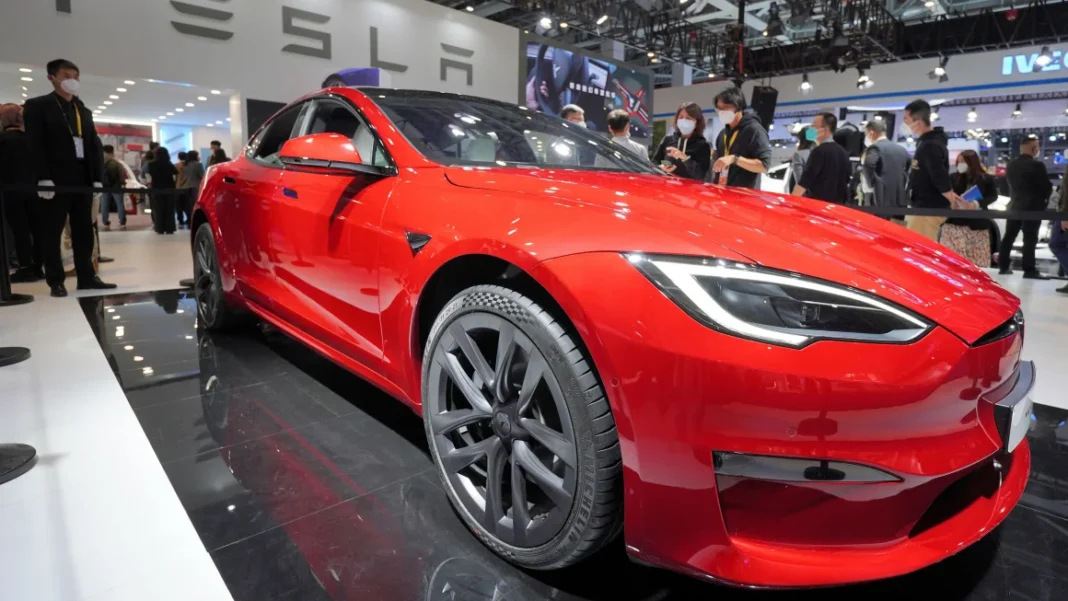Tesla has made a surprising move by stopping new orders for its Model S and Model X vehicles in China. The decision, which was made on the company’s Chinese website and WeChat mini program, comes at a time when the U.S. and China are locked in a heated trade war. While Tesla hasn’t provided an official explanation, the timing suggests the escalating tariffs between the two nations may be to blame.
China recently raised tariffs on U.S. imports to a staggering 125%, following President Donald Trump’s decision to increase duties on Chinese goods to 145%. These higher tariffs have made Tesla’s imported vehicles significantly more expensive for Chinese consumers, especially when compared to locally produced electric vehicles (EVs).
The Model S and Model X, both manufactured in the U.S., represent only a small fraction of Tesla’s sales in China. In 2024, China imported just 1,553 Model X cars and 311 Model S cars, accounting for less than 0.5% of Tesla’s total deliveries of over 657,000 vehicles. Tesla’s Shanghai factory, which produces the more affordable Model 3 and Model Y, continues to dominate the company’s sales in China and exports to markets like Europe.
However, Tesla is facing increasing competition from domestic EV giants like BYD, which has been gaining ground with its innovative models and competitive pricing. This rivalry, combined with the impact of tariffs, has contributed to a 25% drop in global deliveries for Tesla’s premium sedan and SUV category in the first quarter of 2025. The lack of upgrades to these vehicles and backlash against CEO Elon Musk’s political stances have also played a role in the decline.
Despite these challenges, Tesla remains a major player in the EV market, but the suspension of Model S and Model X orders in China highlights the complexities of navigating international trade disputes. As the world’s two largest economies continue to exchange blows, the ripple effects are being felt across industries, including the automotive sector.




